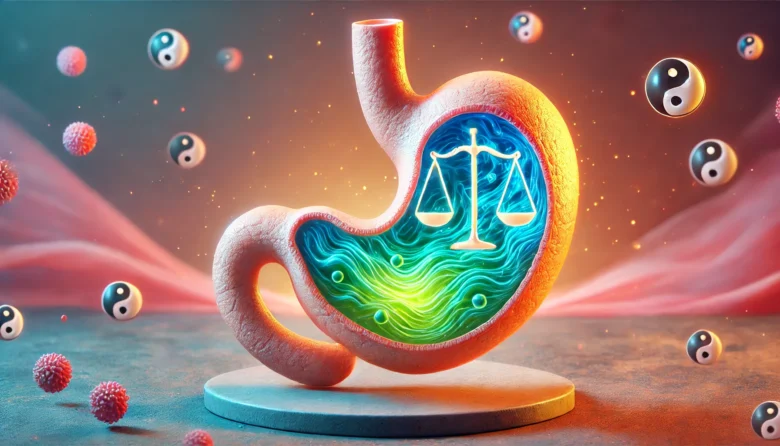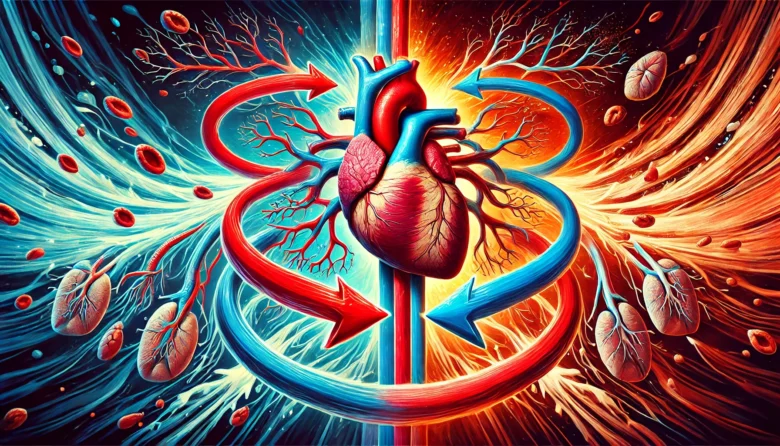Fun Fact: Did you know your cells can borrow powerhouses from each other—literally? For over a century, biology textbooks taught us that mitochondria—the so-called “powerhouses of the cell”—live quietly inside individual cells, converting food into energy and minding their own business. But recent discoveries suggest that mitochondria might actually be on the move—travelling between cells …
Fun Fact: The world’s smallest pacemaker is tinier than a grain of rice and dissolves in the body once it’s no longer needed. Medical science and health research are constantly evolving, with new breakthroughs regularly changing how we understand and care for our health. From a pacemaker smaller than a grain of rice to the …
Fun Fact: Did you know that the next big medical breakthrough might be hiding right under your feet — in your backyard soil? A recent scientific discovery is turning heads and stirring hope in the fight against drug-resistant bacteria. In an astonishing turn of events, a new antibiotic that kills drug-resistant bacteria was discovered in …
Fun Fact: The SARS-CoV-2 virus, responsible for COVID-19, is the most sequenced virus in history, with over 17 million genome sequences recorded! The COVID-19 pandemic had a profound global impact, but did you know it also transformed the field of virology? Scientists have learned more about viruses in the past five years than in decades …
Did you know your stomach regenerates its lining every few days? This incredible fact reveals just how dynamic and self-sustaining the human body can be. Imagine if we could rebuild other parts of ourselves so efficiently! This regeneration is not just fascinating but essential for survival, as it protects one of the most hardworking organs …
Fun Fact: Did you know that air pollution kills more people annually than car accidents, but clean energy can help cut that down? Picture this: a world where energy production doesn’t pollute the air we breathe, where hospitals are filled with fewer asthma patients, and communities aren’t plagued by respiratory issues from toxic fumes. That’s …
Fun Fact: Did you know that over 50% of modern medicines are derived from natural sources? Biodiversity isn’t just beautiful—it’s life-saving! Imagine a world without natural forests, coral reefs, or the rich variety of plants and animals that inhabit them. This world wouldn’t just be less colourful; it would be a world in which human …
Did you know that air pollution is responsible for around 7 million deaths worldwide each year? Imagine taking a deep breath only to realize that the air you’re breathing could be doing more harm than good. Air pollution, one of the biggest environmental hazards today, is often invisible but has very real and visible impacts …
Did you know? A diet filled with fruits, vegetables, and plant-based foods can reduce greenhouse gas emissions by up to 73%! Welcome to the world of sustainable nutrition, a way of eating that not only benefits your health but also promotes a greener, healthier planet. With climate change and environmental concerns growing, what we choose …
Did you know that the human body has its own complex plumbing system, where blood moves through arteries as fast as 60 cm per second? Fluid dynamics is a field of physics that focuses on understanding how liquids and gases move and behave. In our bodies, fluid dynamics plays a vital role in keeping us …










